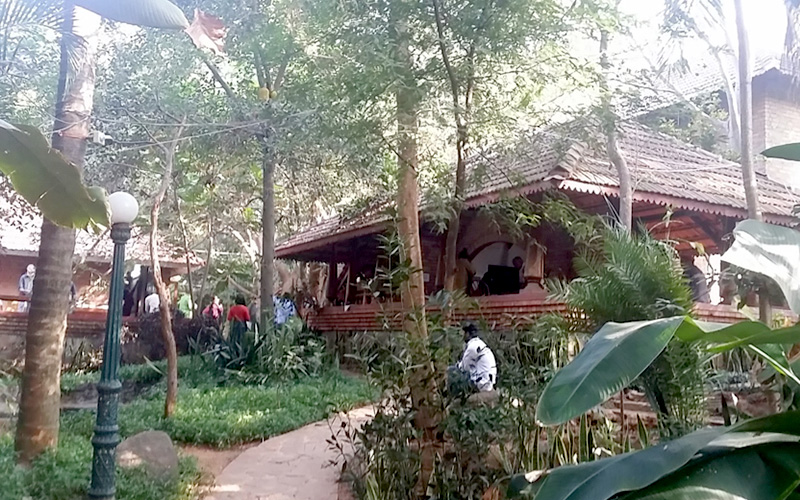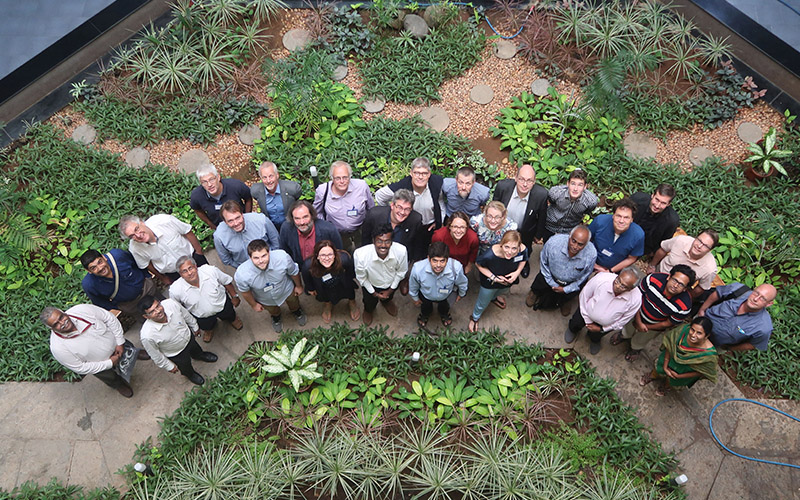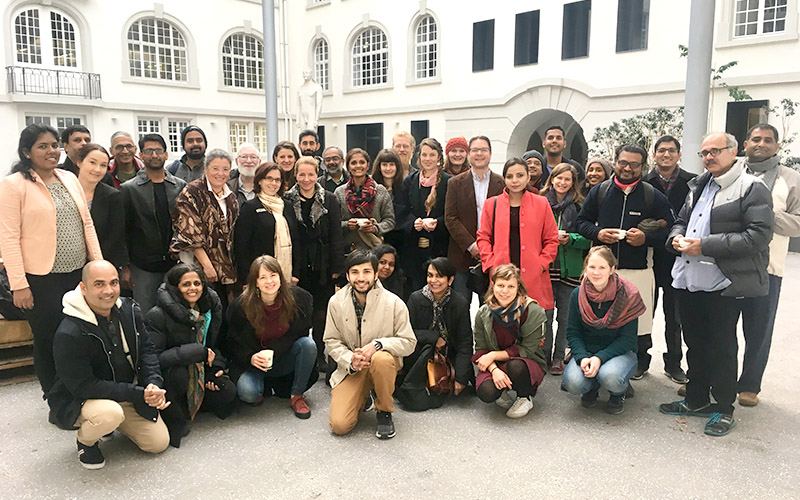
Under the Land Use / Rural and Urban Development research area, IGCS prioritized understanding urban expansion, especially at the peri-urban fringes, and the complex interactions between urban and rural systems. Our researchers investigated the factors driving expansion and growth, the influence of institutions and policies, and how they shape the aspirations of urban, suburban, and rural communities. We also explored the social, economic, and environmental impacts of peri-urban development and the governance mechanisms guiding these processes.
IGCS employed a diverse range of research methods, from statistical analyses and in-depth qualitative studies to the development of simulation-based urban dynamic models. Our research was action-oriented, with the aim of applying insights to practical outcomes. We strived to contribute directly to land-use planning, regional economic development, infrastructure, and policy frameworks, all in support of a sustainable urban transition. Collaboration with government bodies, private sector actors, and civil society were essential to achieving these goals.
Research Projects
The Chennai Nook
IGCS collaborated with India-based Project DEFY and the German-based Initiative für Neue Bildung e.V. to create a “Nook”- a self-designed learning centre near in Katchipedu, a periurban village 40 km west of Chennai, adjacent to the famous Rajiv Gandhi Memorial Site. Nooks are ‘schools without teachers,’ equipped with tools, technology, and resources for learners to design and pursue their own learning journeys based on individual needs and interests.
Indo-German Dialogue
The Indo-German Dialogue (IGD), facilitated interactions between academics, civil society, government officials, policymakers, and the corporate sector. Its key goal was to create an open platform for sharing experiences of social urban innovation in Germany and India, driving new transdisciplinary research and practice. The series adopted an evolving, participant-driven approach to address urbanization, sustainability, and change from a broad cultural perspective.
ARiSE
Agroecology for Resilience, Sustainability and Entrepreneurship (ARiSE), an initiative that brought together farmers, researchers, policymakers, entrepreneurs, and more to create sustainable solutions for building climate resilience in the urban and peri-urban regions of Chennai metropolitan region, India. The key goal for ARiSE was to foster sustainable farming techniques and boost local food production.
Periurban Initiative Global
Periurban areas lie between urban and rural zones and are now recognized as distinct regions with unique sustainability challenges. They face fragmented access to services like water and energy, driven by rapid development, gated communities, and Special Economic Zones (SEZs). As urban populations grow—projected to reach 66% by 2050—periurban regions will accommodate much of this expansion. In South Asia, social and political factors significantly influence these areas, necessitating resilience strategies that prioritize both environmental and social justice, particularly in the context of climate change.
To effectively address these challenges, resilience was viewed through a broader lens that incorporates principles of social and environmental justice amid ecological disruptions. In India, periurban regions are among the fastest-growing outside major metropolitan and Tier-II cities. Therefore, it was essential to assess and steer the development processes in these areas to enhance their sustainability and resilience in the face of climate change.
Adaptive Governance Model to Tackle Climate Change Risks
The Adaptive Governance Model to Tackle Climate Change Risks advocated for an inclusive and flexible approach to managing climate challenges, particularly in urban areas like Chennai. It advocated for the establishment of the Chennai Metro Flood Management Committee (CMFMC), which would include experts from various fields—environment, urban planning, and disaster management—to develop flood control measures and improve stormwater drainage systems.
The proposed adaptive governance model emphasized collaboration among government agencies, civil society, and citizens, moving beyond a technocrat-driven approach. It seeks to involve diverse stakeholders in co-creating solutions, reflecting on challenges, and implementing strategies that address the needs of vulnerable communities. This model promoted inclusivity and engagement, ensuring that initiatives like the CMFMC function as part of a broader “Climate Change Assembly” rather than as isolated efforts.
Teaching
IGCS Summer School 2024
Regeneration emphasizes the capacity to recover and evolve beyond existing conditions, contrasting with sustainability’s focus on maintaining the status quo. It applies to diverse urban settings, including cities and periurban areas, particularly in the context of rapid urbanization in the Anthropocene. While there are increasing initiatives for circular practices, regionally adapted approaches are often overlooked, highlighting the need for tailored solutions to enhance circularity in urban environments.
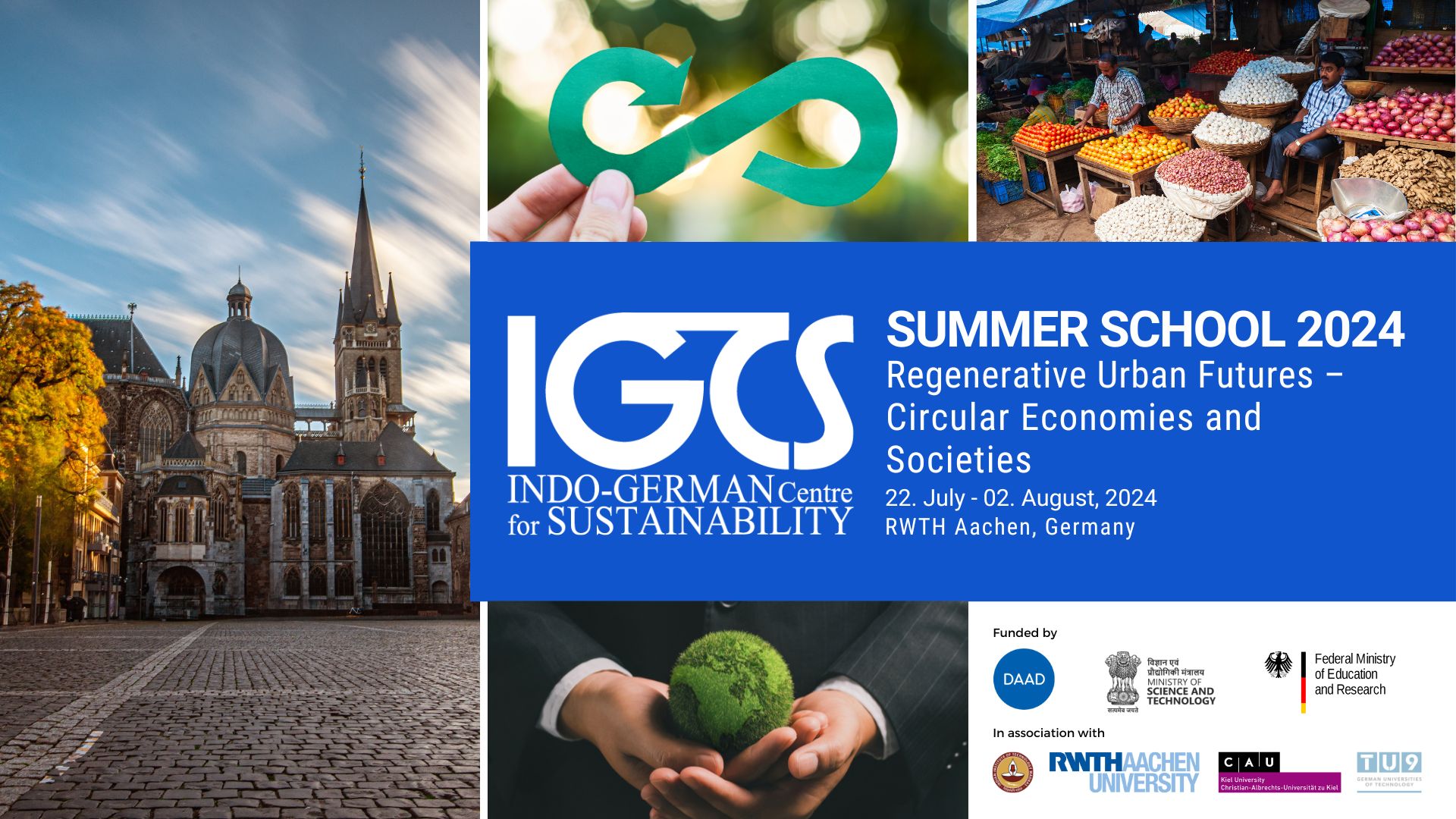
IGCS Winter School 2024
Regeneration is framed as an advancement beyond sustainability, focusing on the ability to recover and evolve in urban contexts, which include cities, rapidly urbanizing areas, and periurban regions. Overcoming fragmentation and silos in urban development is critical, especially in light of complex global issues like climate change, social inequalities, and environmental degradation. A systems perspective, considering eco-social and socio-technical transformations, is essential for addressing these challenges.
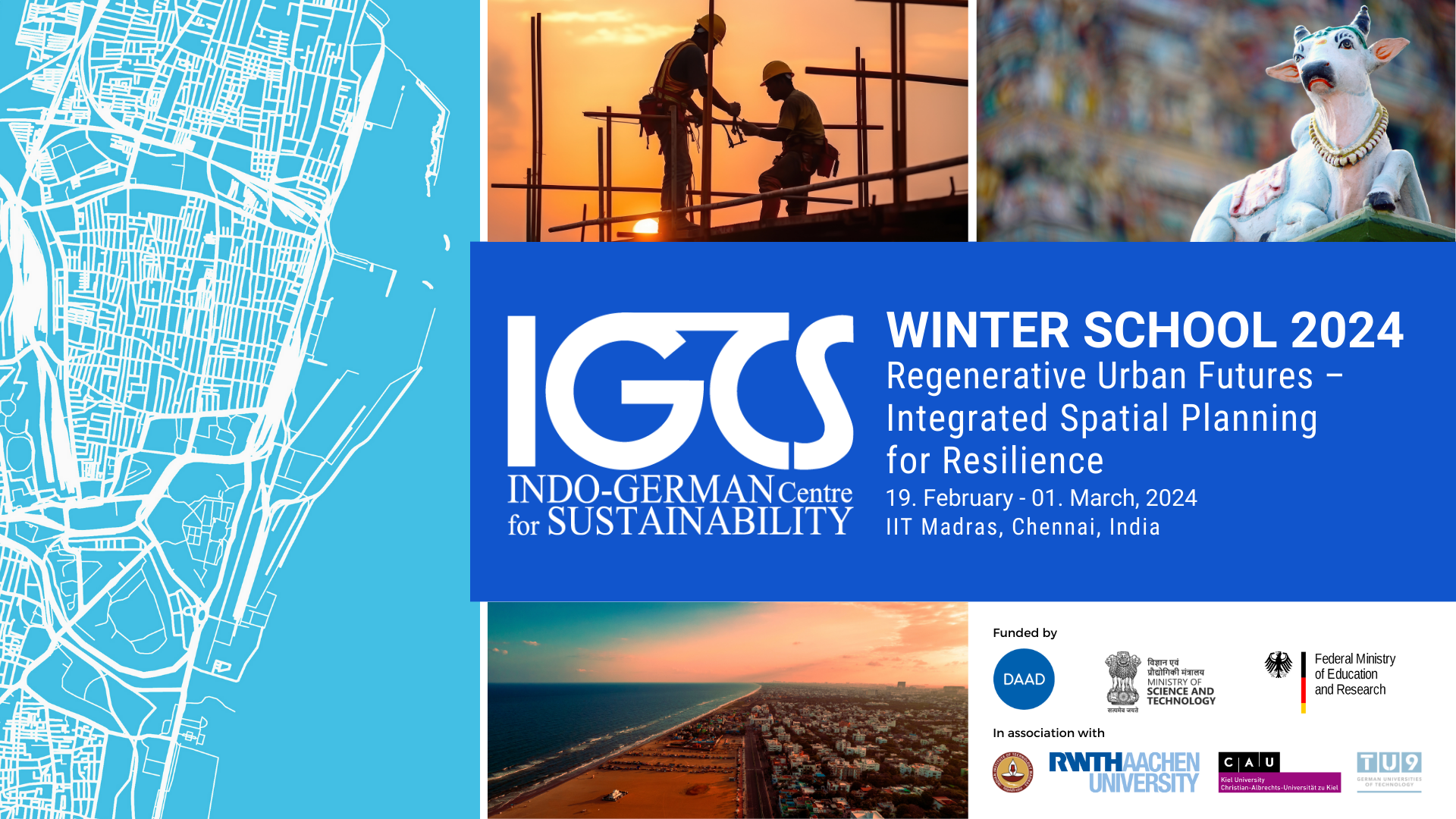
Activities
IGCS @ 2020 Fireflies Dialogues in Bangalore
IGCS @ Urban Resilience 2
IGCS Alumni Meeting and Indo-German Dialogue 2018
Publications
Research projects are one of IGCS’ supporting pillars and are reflected by numerous workshops, meetings, and project proposals. Cooperation in research projects goes beyond the IGCS partner universities and we regularly work together with various German and Indian institutions.
Reports/Books Chapters
20
Journal Articles
100
Conference Proceedings
63






